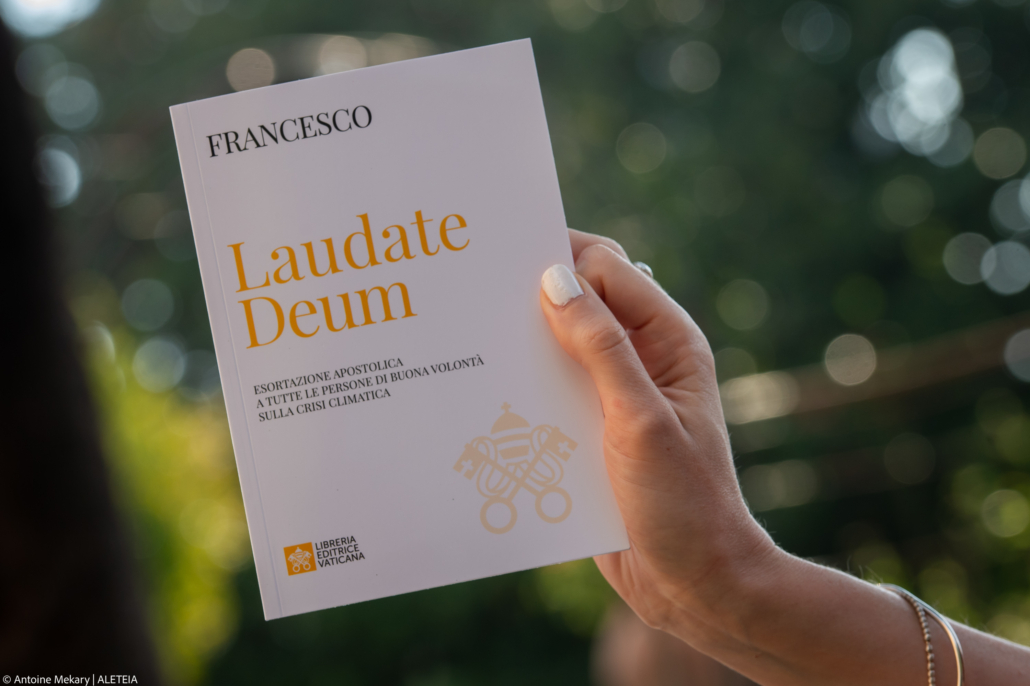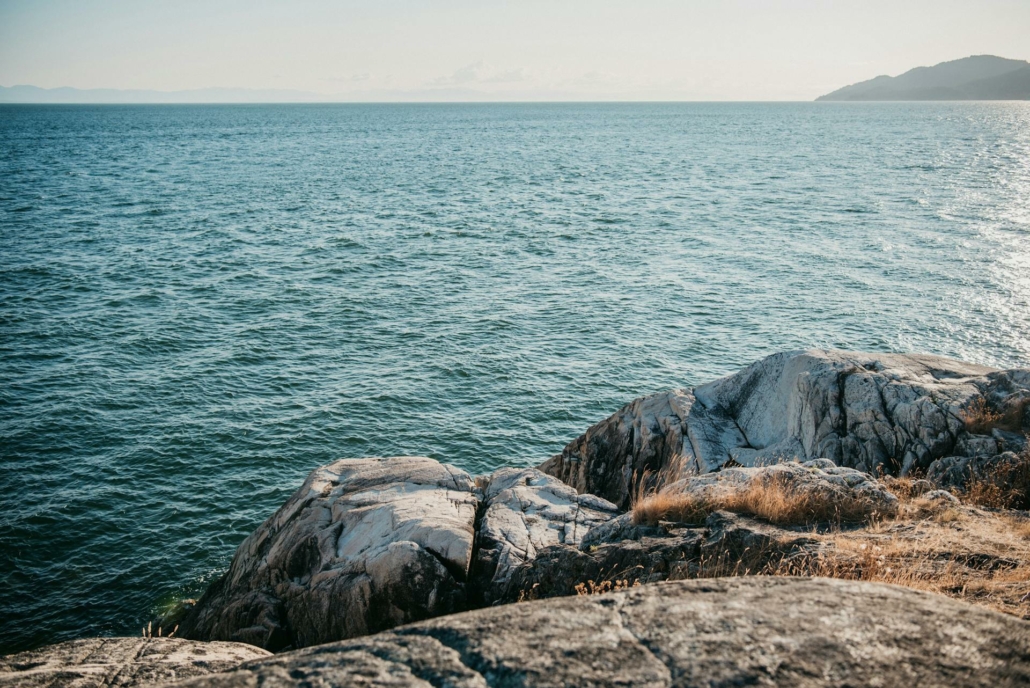In this exhortation that the Pope issued on the feast of Saint Francis of Assisi, eight years after the encyclical Laudato Si, the Pope calls us to be responsible in our actions. He calls us to do so because the effects of climate change are being felt worldwide, and that we have reached the breaking point. He continues by saying that these effects are felt primarily in the health care system, in the source of employment, in access to resources, and in housing.
The most prominent part of this exhortation is in the last chapter, where the Pope begins by emphasizing that he is not only calling Catholics, but his brothers and sisters of any religion, because authentic hope does not only give strength to the human heart, but also transforms life. The last paragraph begins with the same title of this exhortation, which is Praise God. Because when man tries to take the place of God, he ends up becoming his own worst enemy. The Pope managed to recollect all his thoughts in this exhortation in one sentence.
In the end, if the environment is destroyed, all humanity will be destroyed as well. Man depends on nature to survive. Almost everything that keeps us alive comes from the bounty of nature created by God. This is the reason why the Pope makes the call to every religion not only Christians. Despite the differences in beliefs, the cause we are fighting for is for the benefit of all of us, regardless of religion.
Thus, everyone should unite against this threat and respect nature, motivated both by one’s belief but also for the sake of the common good. In this exhortation, the Pope was clear to mention the problems we are facing and why we should fight against them. Thanks to this exhortation, one is urged to accept the differences between the different beliefs and focus on what is of the best interest for all.
Sam Schembri
SDC Candidate (Malta)





